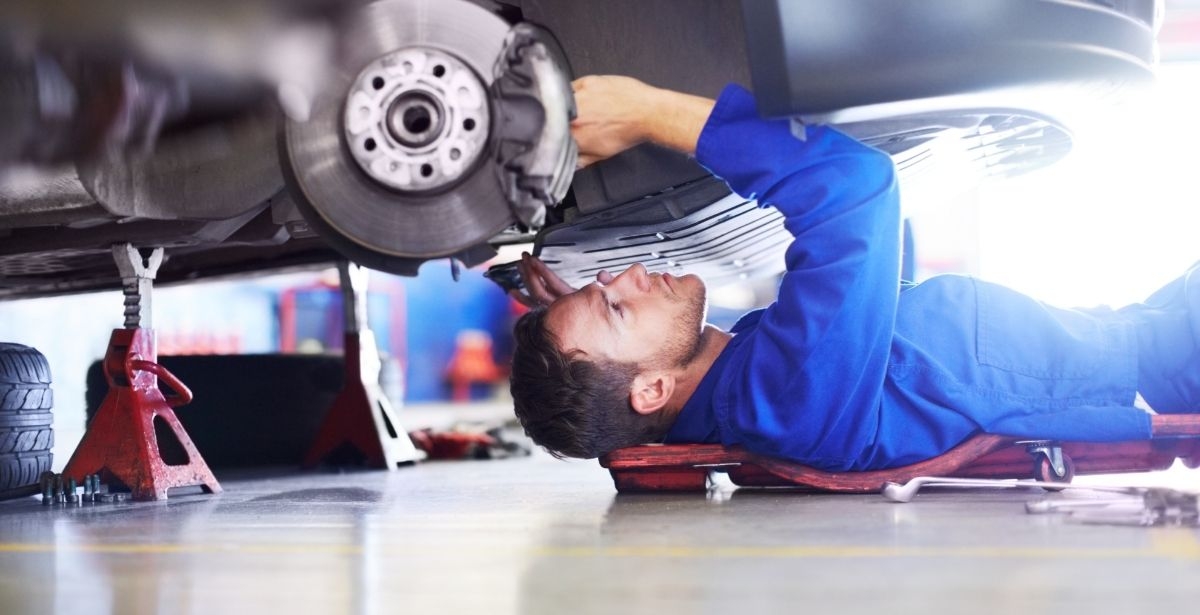
What Kind of Repairs Would I Do as an Auto Mechanic?
March 17, 2021
When your car starts to sputter, runs slowly, or can’t even start, it’s time to take it to the auto mechanic. But if you’re that auto mechanic, you’re a car doctor. You’ll diagnose the patient, and then perform repairs and maintenance to keep the car in good health. What will you be asked to repair? Everything from batteries and tires to the ignition and brake systems.
Ignition SystemThe ignition system is what makes a car start. There are several parts to an ignition system, and you may need to fix one or multiple parts at a time. One of the most common repairs made to the ignition system is to replace faulty spark plugs, which create the spark that ignites the fuel air mixture. If the spark plugs are worn, broken or damaged, the car will not start easily, if at all. You may also need to replace a bad ignition coil, which could cause the ignition to misfire and possibly damage the catalytic converter, or a broken distributer rotor and cap, which can cause some of those funny sounds that come from under the hood.
Brake SystemsThe brakes are one of the most important components of any vehicle, so you can expect to repair quite a few brake systems. On some cars, you may need to install new brake pads, which generate the friction to slow the car down, or the brake shoes, which push outward to slow down the wheels. Other cars may require a simple fix such as the replacement of brake fluid or the addition of lubrication on some of the parts. And don’t forget about the parking brake—after many years, the cables can rust and seize and you may need to replace them.
Battery ReplacementBatteries replacements are common, particularly in vehicles that have spent four to seven years on the road. When the car won’t start or a warning light comes on, it could mean that it’s time for the battery to be replaced. If corrosion is bad, it could affect the cables that connect to the battery. In that case, you would have to replace the cable ends and possibly the cables as well.
Tire Patches and ReplacementsHave you ever hit a pothole that deflates your tire on impact? Or maybe you’ve found a nail or slow leak. Sometimes a puncture is small enough that it can be patched with a little rubber, glue, and a patch. But you can only patch punctures that are one-quarter inch in diameter or smaller, and it can’t be located on the sidewall or shoulder of the tire. If the hole is large or broke through an irreparable section of the tire, or if the tire is just completely worn out, you’ll have to replace it entirely.
Air ConditioningWhen the air or heat just doesn’t blow as strongly as it used to, it’s time to get it repaired. For older cars, it may be as simple as adding more refrigerant to the system.But if you inspect the car and find a leak in the A/C system, you’ll have to repair that too. The compressor in older cars can also take a lot of wear and tear, so you’ll need to learn how to replace it as well as the condenser and evaporator.
If you like to tinker with cars and have a knack for problem-solving, you may be a great candidate for a career as an Auto Mechanic. At Porter and Chester Institute in Connecticut, we offer an Automotive Technology training program that will teach you how to repair the major components of a vehicle. Fill out the form to request more information.